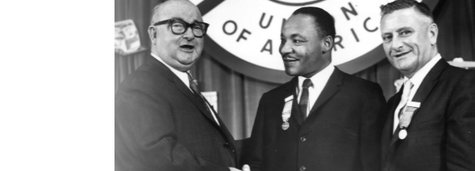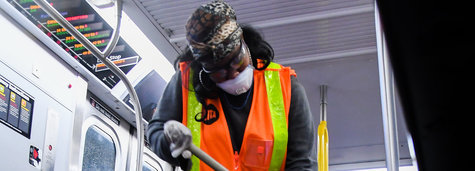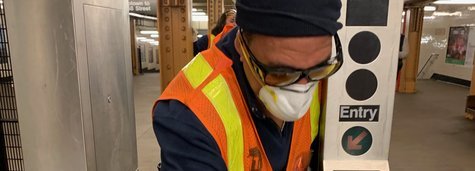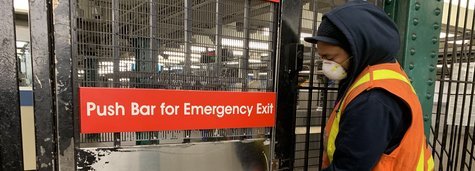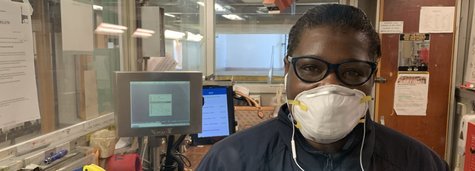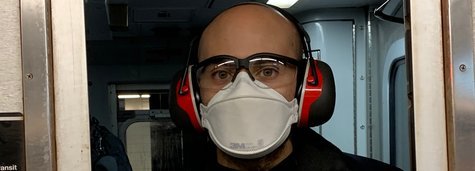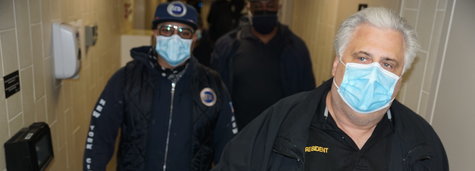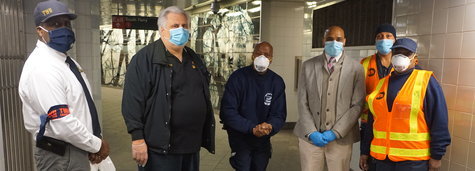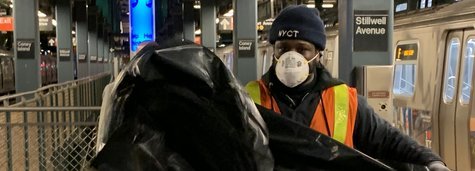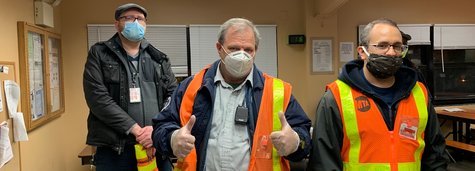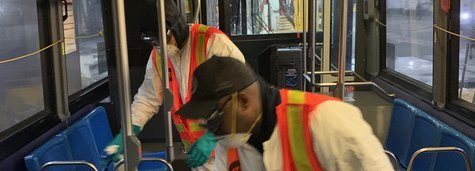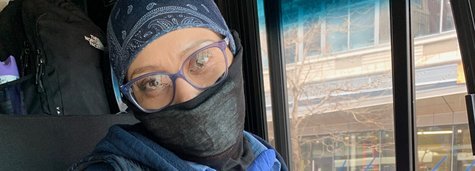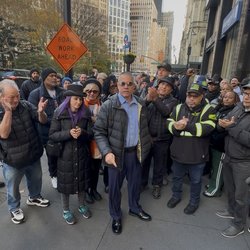NOVEMBER 14—With dozens of TWU Local 100 Horse Carriage Drivers and a large turnout from New York City Transit in attendance, the City Council’s Health Committee voted not to hold a hearing on the future of the horse carriage industry in New York.
Council Member Robert Holden, who is finishing up his final term in office, tried to force a hearing on Ryder's Law on his way out of the Council, but the four of the Council Members present—James Gennaro, Carmen de la Rosa, Justin Brannan and Oswald Feliz—voted not to convene a hearing, which concluded the matter.
One Council member voted yes and two others abstained. Without a new hearing, efforts to ban the industry are off the table for the rest of the year.
The contentious issue has been the subject of much press attention and political posturing for years, with major opposition to the horse carriage industry in Central Park coming from the animal rights group NYCLASS, which was founded by real estate mogul Steve Nislick. TWU Local 100 represents 170 Horse Carriage Drivers who want to continue the 166-year old tradition of treating tourists to stately carriage rides around the park, working with horses and supporting their families.
The animals are well-treated, as testified to by multiple veterinarians, and benefit from city regulations which insure their comfort and health.
“Everybody is making this fight about horses, which is totally unfair. What about the carriage operators? What about the lives of 200 people who do this for a living?” said TWU Local 100 President John Chiarello after the vote, "We won because we’re a union, and if we weren't a union they would put us in the street. So when we stick together, we win.”
The large group of union members traded chants of "TWU!" with NYCLASS protesters who mocked carriage drivers as uneducated. A group of carriage drivers headed by Christina Hansen sang, "Solidarity Forever" as they stood in front of the entrance to 250 Broadway where the hearing was held.
Chiarello commended the Council Members who support the union and the represented drivers.
“I applaud the Council for voting it down,” he said. “They see that Central Park should have horses, as [was intended] from the beginning.”
He called for moving the existing horse stables on 37th, 38th, and 52nd streets on Manhattan’s West Side into Central Park, so that the horses would not have to walk on city streets.
“We’re going to make sure the horse carriage industry is around for another 150 years.”

